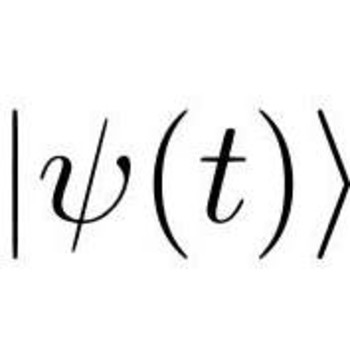What is the difference between synthesis and decomposition reactions?
2 Answers
Well, they are opposites of each other...
Explanation:
Synthesis reactions are chemical reactions where two elements combine to make a product. The newly formed product is always a compound, while the reactants can be elements or compounds.
An example is the burning of charcoal (carbon) in excess oxygen to make carbon dioxide.
Decomposition reactions are chemical reactions where a reactant produces another product, usually two or more. This is when the bonds in the compound are broken apart to form new compounds. Usually, these reactions are endothermic, as heat is used to break apart those chemical bonds.
The one reaction that always comes to my mind when I hear about decomposition reactions is the thermal decomposition of limestone.
Synthesis forms conmpex molecules but decomposition reactions form simpler molecules at the end
Explanation:
Synthesis:
Example photosynthesis:
As you might notice glucose (
On the other hand decomposition reactions provide simpler molecules:
Example: Ferric hydroxide udecomposes in the presence of heat (therefore endothermic reaction), giving ferric oxide and water at the end:
In the presence of light, hydrogen peroxide (


